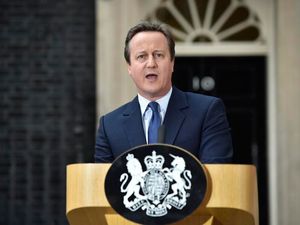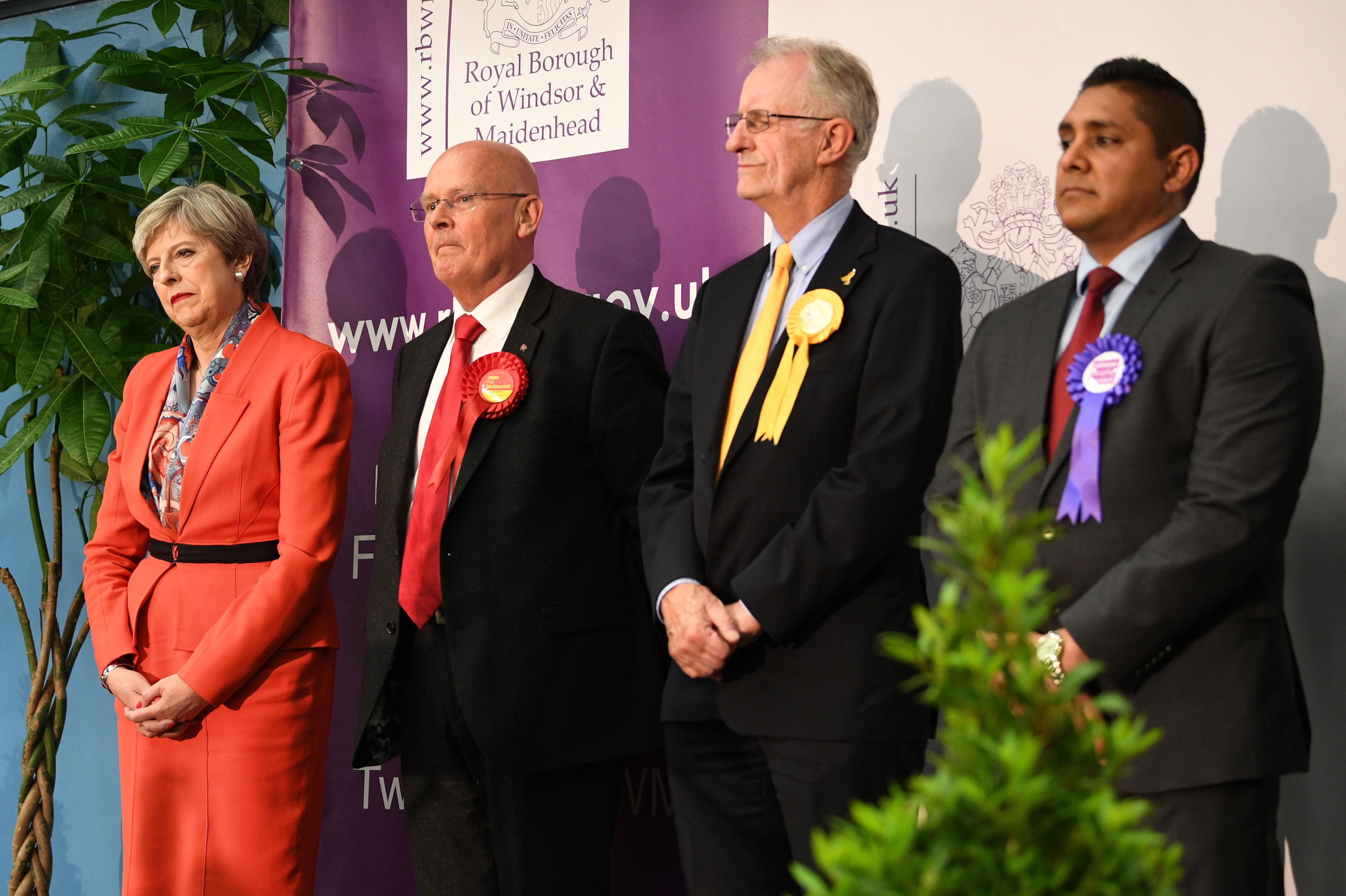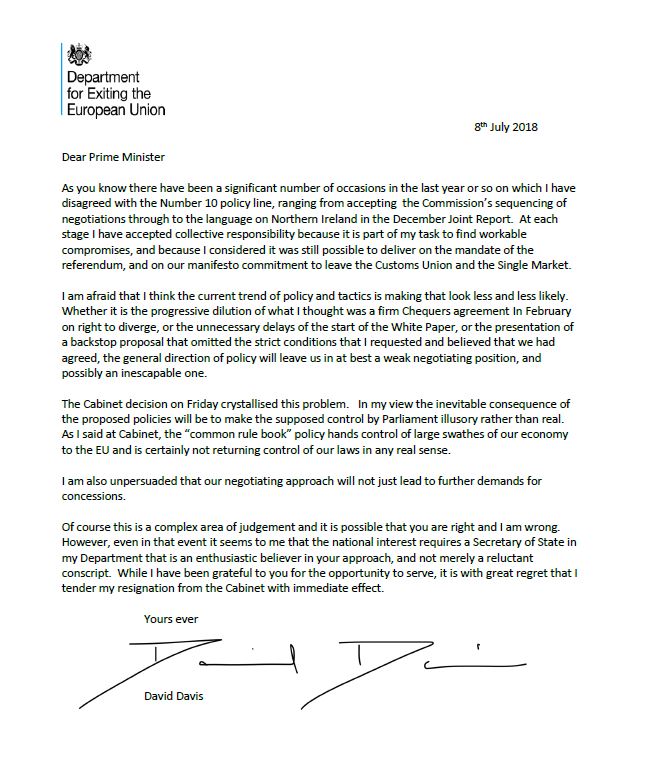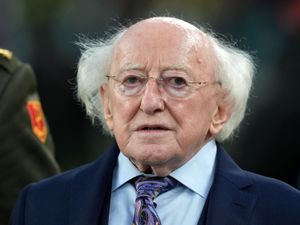Key events since the Brexit referendum
From June 2016 to Tuesday’s vote, here are the milestones.

Britain’s scheduled departure from the EU is less than three months away.
Here are some of the key milestones witnessed on the road to Brexit day.
June 23, 2016 – The UK votes for Brexit in the EU referendum by 51.9% to 48.1%, prompting then-prime minister David Cameron to resign and be replaced by Theresa May.
January 17, 2017 – Mrs May gives a speech at Lancaster House setting out the Government’s 12-point “Plan for Britain” and her negotiating red lines, ruling out membership of the EU’s single market and customs union.
March 29, 2017 – The PM triggers Article 50 of the Lisbon Treaty, which formally kick-starts a two-year countdown to the UK exiting the EU.

June 8, 2017 – After calling a snap general election to increase her authority, the PM loses her parliamentary majority and has to make a deal with the DUP to stay in power.
December 13, 2017 – Rebel Tory MPs inflict a major defeat on the Government, forcing them to guarantee the Commons a vote on the final Brexit deal.
December 15, 2017 – Two days later the first part of the negotiations is completed after a deal is reached on the “divorce bill”, and the so-called Northern Irish “backstop” is first agreed upon.
March 2, 2018 – Mrs May gives her second big Brexit speech, this time at Mansion House, outlining her “five tests” for the UK’s future economic partnership with the EU.
March 19, 2018 – A draft Withdrawal Agreement is published, which Michel Barnier and David Davis call a “decisive step” in the Brexit process, setting out the transition period, citizens’ rights and plans for fishing.
July 6, 2018 – After the The European Union (Withdrawal) Bill becomes law at the end of June, Mrs May takes her Cabinet to Chequers to sign off a collective position for the future Brexit negotiations with the EU.

July 9, 2018 – Brexit Secretary David Davis resigns over the so-called “Chequers Plan” to be replaced by Dominic Raab, with Foreign Secretary Boris Johnson following him out of Cabinet several days later.
September 20, 2018 – At a meeting of European leaders in Salzburg, the PM was delivered a blow as they rejected her proposals out of hand, and EU Council boss Donald Tusk mocked her on Instagram.
November 25, 2018 – A 599-page draft Withdrawal Agreement is published after unanimous approval by the EU, but the terms of the backstop to prevent a hard border in Ireland spark anger among Brexiteers and the DUP.
December 10, 2018 – Mid-way through a five-day debate on the Brexit deal, as it became clear she would lose heavily, Mrs May pulls the vote and postpones it until the week of January 14, 2019.
December 12, 2018 – In response, enough discontented Tory MPs write letters of no confidence to reach the threshold for a vote in her leadership, which she wins by 200 to 117 the following day.
December 19, 2018 – The European Commission starts implementing its “no deal” Contingency Action Plan, covering 14 areas where UK withdrawal without a deal would create “major disruption for citizens and businesses” in the remaining 27 EU states.
January 9, 2019 – After returning from the Christmas break, MPs begin five days of debate on the PM’s deal.
January 14, 2019 – Mr Tusk and European Commission president Jean-Claude Juncker release a letter offering “clarifications” to the withdrawal agreement. Braced for a crushing defeat in the Commons, the PM warns Tory MPs that opposing her risks handing the keys of No 10 to Jeremy Corbyn. The House of Lords votes 321-152 in opposition to her deal.
January 15, 2019 – MPs reject Mrs May’s Brexit plans by 432 votes to 202. The 230-vote margin of defeat is the worst suffered by any Government in modern political history, and prompts a motion of no-confidence tabled by Mr Corbyn.





